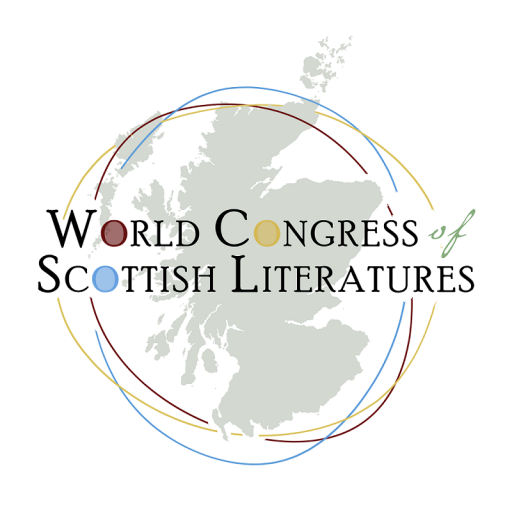An Comunn Gàidhealach and Pan-Celticism at the Turn of the 19th Century
The beginning of the 20th century was marked by an intensification of the mutual international relations between the so-called Celtic countries, which resulted in the formation of the Pan-Celtic Congress in 1900. Scottish representation in this body was ensured by members of An Comunn Gàidhealach (The Highland Association), an organisation founded in 1891 with the objectives of cultivating, teaching and promoting Gaelic language, literature, music and culture. Its participation in the pan-Celtic project was born of the intention and need to share best practices and experience in preserving minority language and culture. However, questions remain as to what extent pan-Celtic activities influenced the discourse/representational strategy of An Comunn Gàidhealach and consequently what was its members’ attitude towards the concept of Celtic identity.
The present paper will examine the ways in which An Comunn Gàidhealach used the idea of Celtic origin and identity in its self-representation. How did they define and understand the Celtic Identity? What was their attitude towards Celtism, and was it moulded and formed under the influence of other Celtic revivalists and the Pan-Celtic Congress itself?
The main sources are official publications of An Comunn Gàidhealach and personal archival materials, especially correspondence. The method of discourse analysis will be applied using a comparative and transnational perspective of research.
Martina Vacková Reiterová, Charles University
